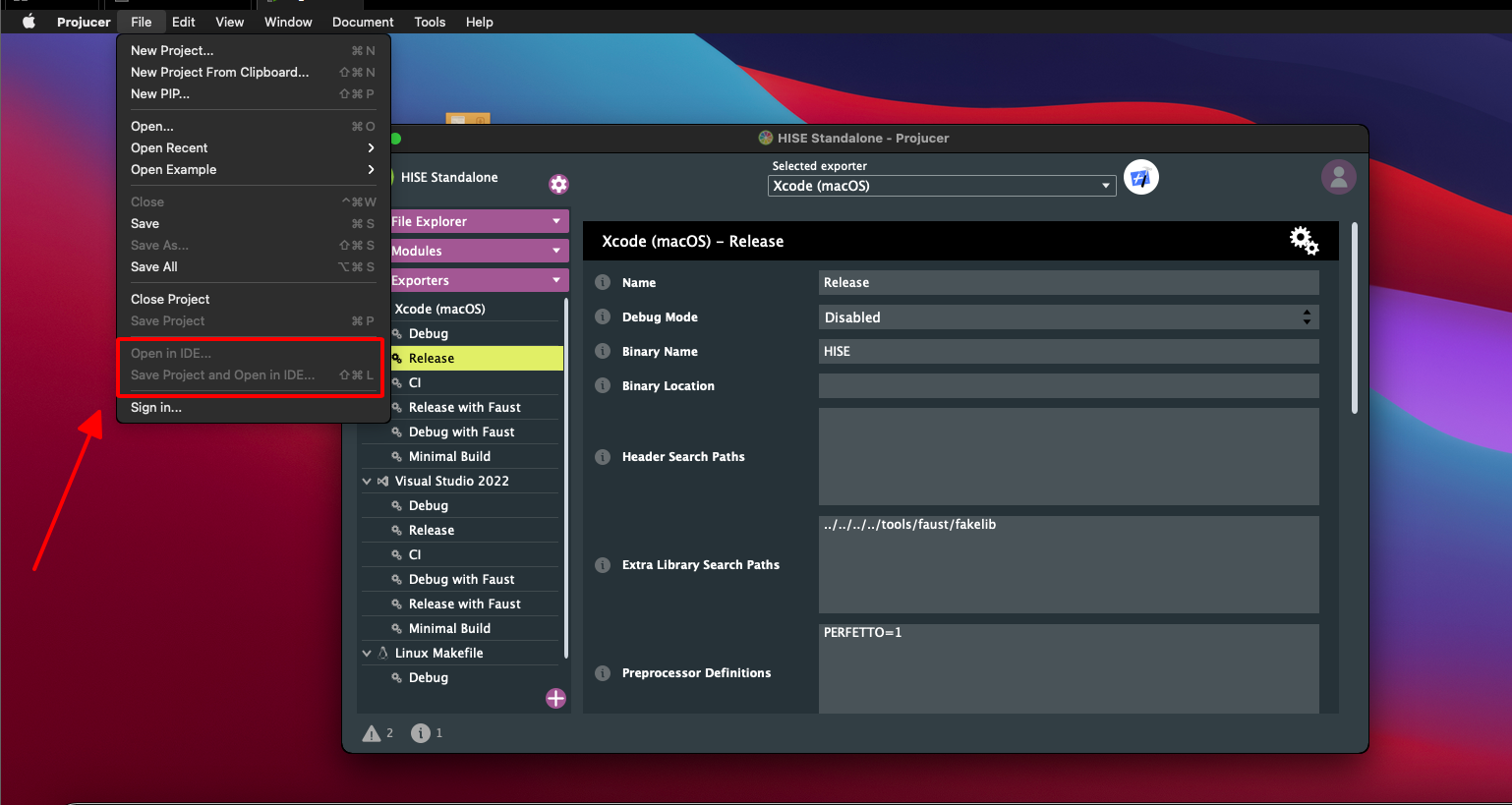If you lack critical thinking and foundational knowledge, even AI can't help you much. So, attending school remains essential!
Best posts made by guangcoder
-
RE: I wasted 3 hours on deepseek trying to create Autotune, Reverb and Delay in Hiseposted in Scripting
Latest posts made by guangcoder
-
RE: I wasted 3 hours on deepseek trying to create Autotune, Reverb and Delay in Hiseposted in Scripting
If you lack critical thinking and foundational knowledge, even AI can't help you much. So, attending school remains essential!
-
RE: Build Hise 4.1 on a macOS system issueposted in General Questions
I successfully built! Thanks you!
-
RE: Build Hise 4.1 on a macOS system issueposted in General Questions
I fixed this by download latest pojucer, but not sure that i will successfully build
-
RE: Build Hise 4.1 on a macOS system issueposted in General Questions
I tried 2 xcode version: v14.2 and 12.5.1, and got same result. I tried build Hise on macOS several times but not success. My temporory solution, download pre-build version (with this version, still compile VST no error). But i really want to find the way to build own HISE
-
RE: Win 10 / VS 2017 HISE Build Errorposted in General Questions
You can watch and follow David Healey brother's tutorial on YouTube channel. It work without any error.
-
RE: Build Hise 4.1 on a macOS system issueposted in General Questions
@ulrik said in Build Hise 4.1 on a macOS system issue:
inside the Hise code
Yes i'm using that version, v.6.1.4
-
Build Hise 4.1 on a macOS system issueposted in General Questions

Could you help me build Hise 4.1 on a macOS system? I've tried building it several times, but JUCE cannot save or open the project in the IDE. Please help me fix this issue. Thanks! -
RE: Help me understand Server.callWithPOSTposted in Scripting
@d-healey Thanks Bro for suggestion, This problem may need more research. Ah, Could you please, give a instant about this constant:
Server.setBaseURL("http://hise.audio"); const var p = { "first_argument": 9000 }; // This dummy file just returns the `first_argument` as `post_argument`... Server.callWithPOST("post_test.php", p, function(status, response) { Console.print(response.post_argument); });I read documents but not really understand! Thank you!
-
RE: Help me understand Server.callWithPOSTposted in Scripting
@LindonAt the moments, i just test om local server, then test request by Postman, it work!```
{ "email": "abcd@outlook.com", "productKey": "abcd-1234", }Here is the form that i tested, it responded success! However, on Hise not work, it may have some restriction with constant or I need learn more document for understanding its working method.